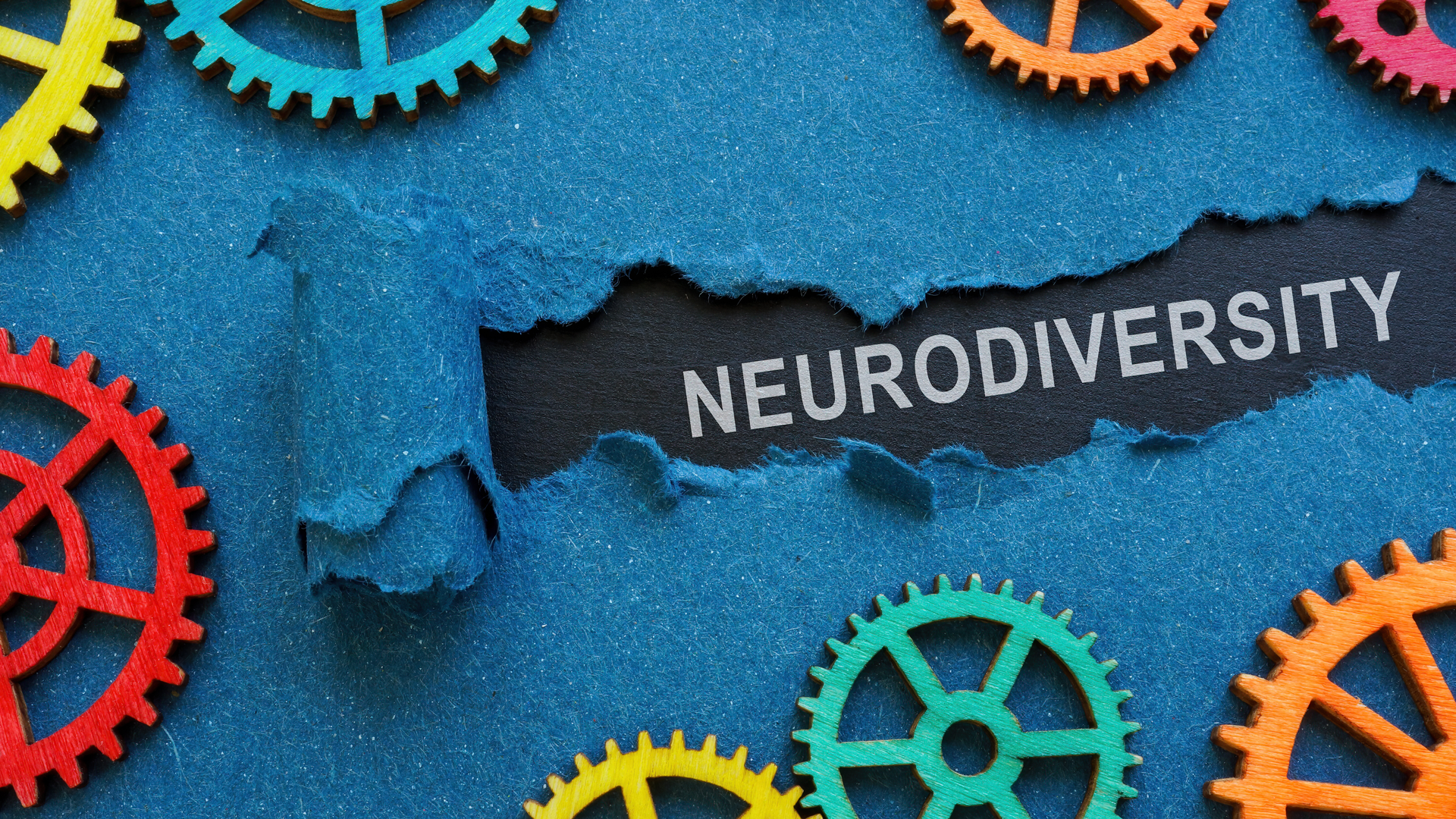In another article on supporting wellbeing at work Cass Coulston and Ricardo Twumasi examine neurodiversity
Neurodiversity is an inclusive way of viewing, respecting, and valuing the evolutionary variety and necessity of differences in neurological functioning. Neurodiversity has been defined as “atypical” neurological functioning and encompasses a range of unconventional thinking patterns including but not limited to: autism spectrum condition (ASC), developmental coordination disorder (DCD), dyspraxia, dyslexia, dyscalculia, and attention-deficit hyperactivity disorder (ADHD). The neurodiversity framework shifts the focus on these conditions from a medical model of deficit to a social model that recognises and celebrates the unique strengths and talents that individuals with neurodevelopmental conditions can bring to society. The neurodiversity framework also emphasises the importance of providing these individuals with appropriate support and accommodations, rather than trying to make them conform to neurotypical standards.
It is estimated that the neurodiverse represent 15 to 20% of the population, a strength that is still underutilised within our society, leading to inequity and a lack of inclusivity in workplaces. Despite research highlighting that conditions such as autism and dyslexia can present numerous sought-after workplace skills, including, but not limited to: pattern recognition; memory; attention to detail and creativity and diversity of thought – neurodiverse people are more likely to suffer from unemployment than any other disability. This is leading to millions of neurodiverse adults remaining unemployed. In fact, as just one of many examples, recent statistics from Deloitte show that 85% of individuals who are autistic are unemployed compared to 4.2% of the population.
1. Rethink your hiring practices
Protecting the wellbeing of a neurodiverse society starts with hiring them into your organisation. Studies have identified that neurodiverse teams are 30% more productive and make fewer errors than neurotypical ones. Given the importance of teams to solving today’s increasingly complex and multifaceted challenges, it is vital that an organisation’s hiring practices reflects a broader pool of talent. The first step to achieving this is to “debias” your recruitment process, starting with where and how you advertise, auditing your assessments and your interview process.
Neurodiverse people are more likely to suffer from unemployment than any other disability
Objective psychometric assessments, for example, can rule out bias and a reflexive interview process that is flexible and challenges more traditional norms, such as holding a steady eye contact and a confident smile, can be a good start.
Create psychological safety in your recruitment process to enable for adequate disclosure for candidates.
2. Consult internally and with experts
Listen to your people first. Understand what adjustments are needed in places of work, for example headphones to prevent auditory overstimulation. A hybrid way of working opens opportunities to provide more flexibility in working patterns, although one size does not fit all, so it is wise to understand individual needs and adjust accordingly.
Bring in an expert team to help you to support neurodiverse talent both through the recruitment process and once hired.
3. Build a psychologically safe workplace
Regularly and anonymously survey your employees to check in on important aspects of care and wellbeing. At the same time, create a workplace where people feel safe to disclose and discuss their aspects of neurodiversity to those they work with and for suitable adjustments to be made to enable them to thrive. Ensure that everyone knows they are safe to voice concerns and share ideas without being penalised.
It is vital to support neurodiverse employees at work by manager training and communication strategies to understand differences with how people learn and process information and involve everyone in the organisation.
Challenge stereotypes and stereotype threat. Following the recommendations of Burton et al. 2022 neurodiversity support networks and self-education sessions may elevate workplace psychological safety, increase disclosure and provide the first steps of workplace accommodations your employees need to feel seen.
4. Consider the ethical impact of your organisation
The business case is not the first place to start when making the decision to improve your recruitment of neurodiverse individuals. Start with the ethical case and the business outcomes will follow. The ethical case for neurodiversity is based on the idea that neurodiverse individuals have the same rights and dignity as anyone else and should be treated with respect and compassion. This is a fundamental principle of ethics that transcends considerations of business or profit. Finally, the ethical case for neurodiversity is based on the idea that society has a moral obligation to provide individuals with neurodevelopmental conditions with the support and workplace accommodations they need to thrive and reach their full potential.
5. Enact change at all levels of the organisation
Hiring and supporting a neurodiverse workforce is not just a top-down responsibility. While leadership play a significant role in influencing the success of such initiatives, supporting neurodiverse talent in their daily lives and creating an inclusive culture requires an understanding and a commitment from all employees. Many initiatives fail because the desire to support a neurodiverse workforce has not been co-created and recognised as an importance goal through the organisation.
6. Go beyond diversity and inclusion commitments
While supporting the wellbeing of neurodiverse employees can be an important diversity and inclusion target or be an important part of meeting obligations under the Equality Act 2010 we hope that in supporting neurodiverse talent you aim to go beyond targets and embrace the principles of the neurodiversity framework. As an organisation are you asking yourselves what characteristics may be protected in future? Such as class? And how may these intersectionally interact to create an interconnected web of inequality you can support your employees through?
We would therefore urge organisations to recognise the huge benefits of employing a neurodiverse workforce and firstly position the challenge as an ethical imperative, as well as a competitive advantage. The power of difference is not one to be solved but to be supported and included.
Cass Coulston is a coach, organisational psychologist and PhD researcher and guest lecturer for BSc Organisational Psychology at the Institute of Psychiatry, Psychology & Neuroscience (IoPPN), King’s College London. Dr Ricardo Twumasi is lecturer in organisational psychiatry & psychology at King’s College London




